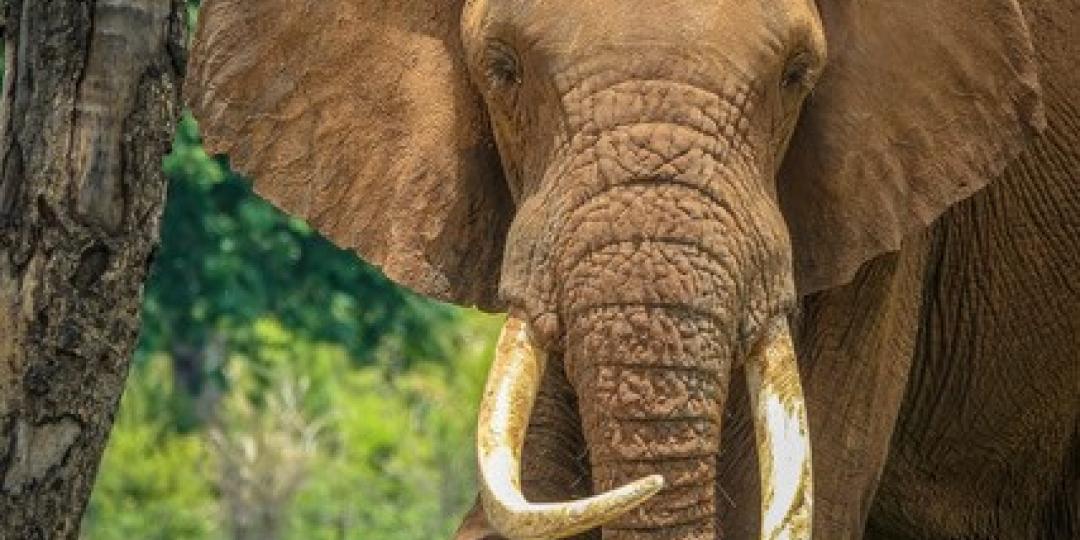One of the side effects of COVID-19 and the subsequent lockdowns that resulted in international travel restrictions, has been a drop in income for some of the conservation efforts that protect Africa’s elephants.
Mosi-oa-Tunya National Park in Livingstone, Zambia, is home to a herd of rescue elephants whose care has always been supported by visitors to The Elephant Café. But now, in accordance with lockdown restrictions, the venue has been closed, leaving no source of income to care for the animals.
The Elephant Café recently launched the ‘100 Days of Care’ campaign, with the goal of raising US$24 000, enough to feed and care for the rescue herd for three months. “The response has been overwhelming,” said Director of Activities at The Explorer Club Africa, Sean Edington, adding that they had since exceeded their goal and had raised over US$28 000 to date.
“That’s enough to feed and care for the animals for the next four months,” said Edington. “We also have enough to pay our staff, who had originally volunteered to stay with the elephants without pay.
“Over the years our elephants have encountered thousands of people who have been touched by the herd and their stories. I believe it’s those people who are donating now,” said Edington.
The elephants are well protected in the national park, which is home to other endangered species and is constantly monitored for poaching.
Unfortunately, not all of Africa’s elephant populations are so well protected, and poaching may be more of a threat during lockdown, according to Founder of How Many Elephants, Holly Budge. “Ninety-six elephants were killed in Africa, every day prior to the pandemic. That number could rise dramatically as a result of the pandemic,” said Budge. How Many Elephants is a UK-based charity that protects elephants in Africa and supports the rangers who defend them.
During lockdown, the charity is raising funds to support anti-poaching teams who are operating fully as essential services but haven’t been given any financial assistance from their respective governments. The organisation is hosting a webinar on June 11, focusing on the impact on conservation that the halt in eco-tourism has caused. All profits from tickets sold to the online event will go toward its fund-raising initiative.























